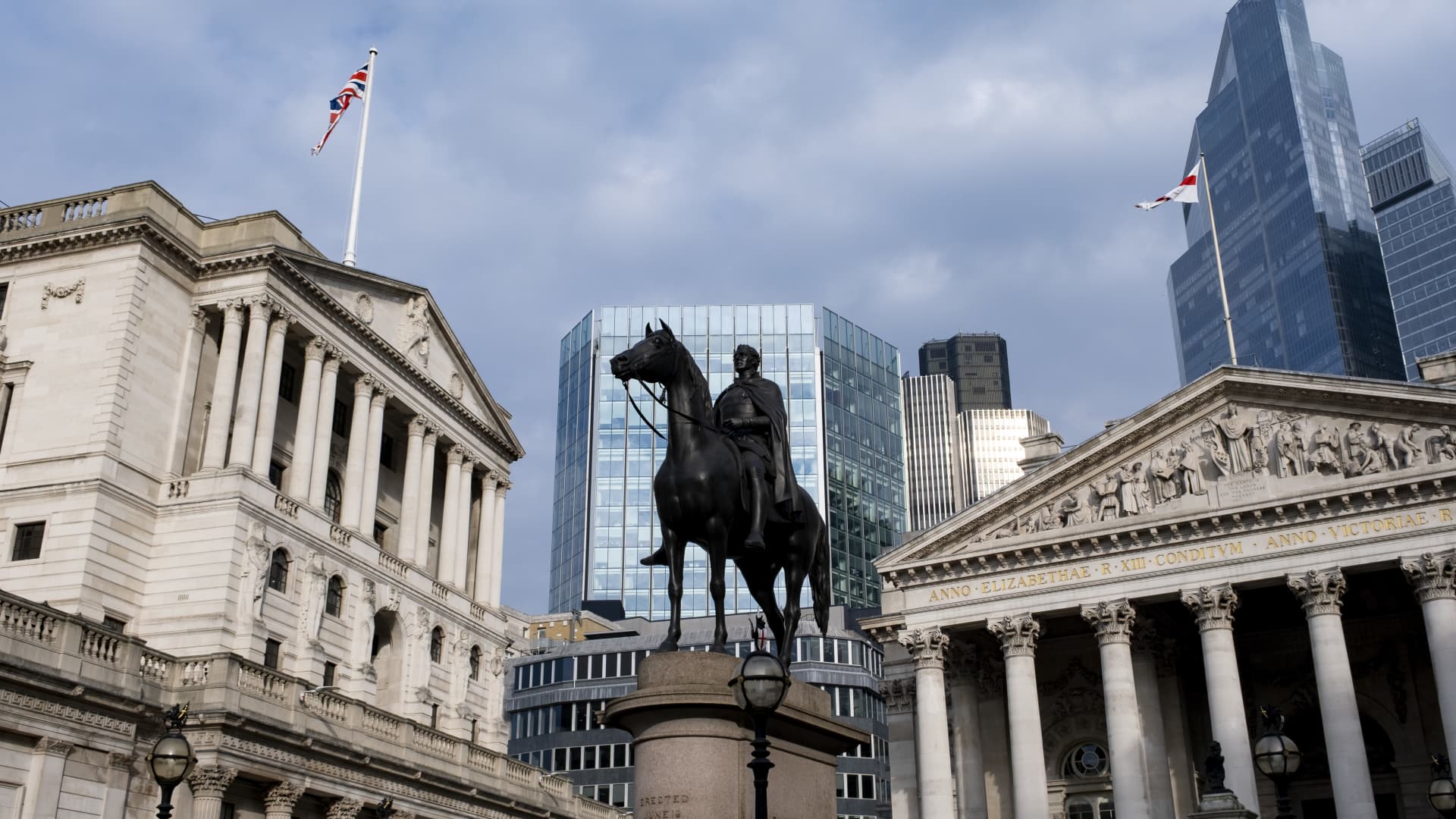The Bank of England maintained interest rates unchanged on Thursday amidst uncertainty surrounding global trade and potential stagnation at home. The central bank’s benchmark interest rate remains at 4.5%. In a statement, the central bank said that its Monetary Policy Committee voted in favor of leaving rates unchanged with an 8-1 majority. One MPC member voted for a 25-basis-point reduction.
Global trade policy uncertainty has intensified since the MPC’s previous meeting, and the United States has made a range of tariff announcements, to which some governments have responded. Other geopolitical uncertainties have also increased and indicators of financial market volatility have risen globally. The U.K. economy has been showing signs of weakening, contracting by 0.1% month-on-month in January. The BOE in February halved its 2025 growth forecast for the U.K. to 0.75%. Recent business indicators suggest weakness in economic growth and employment intentions. In February, the BOE expected inflation to temporarily rise to 3.7% in the third quarter of this year, as energy costs are set to accelerate. U.K. inflation picked up sharply to a hotter-than-expected 3% in January.
The central bank said that, based on its medium-term expectations for inflation, a gradual and careful approach to the further withdrawal of monetary policy restraint is appropriate. However, this would depend on how the economy develops going forward. Should there be greater or longer-lasting weakness in demand relative to supply, this could push down on inflationary pressures, warranting a less restrictive path of Bank Rate. Should there be more constrained supply relative to demand and more persistence in domestic wages and prices, including from second-round effects related to the near-term increase in CPI inflation, this would warrant a relatively tighter monetary policy path. — news from CNBC
